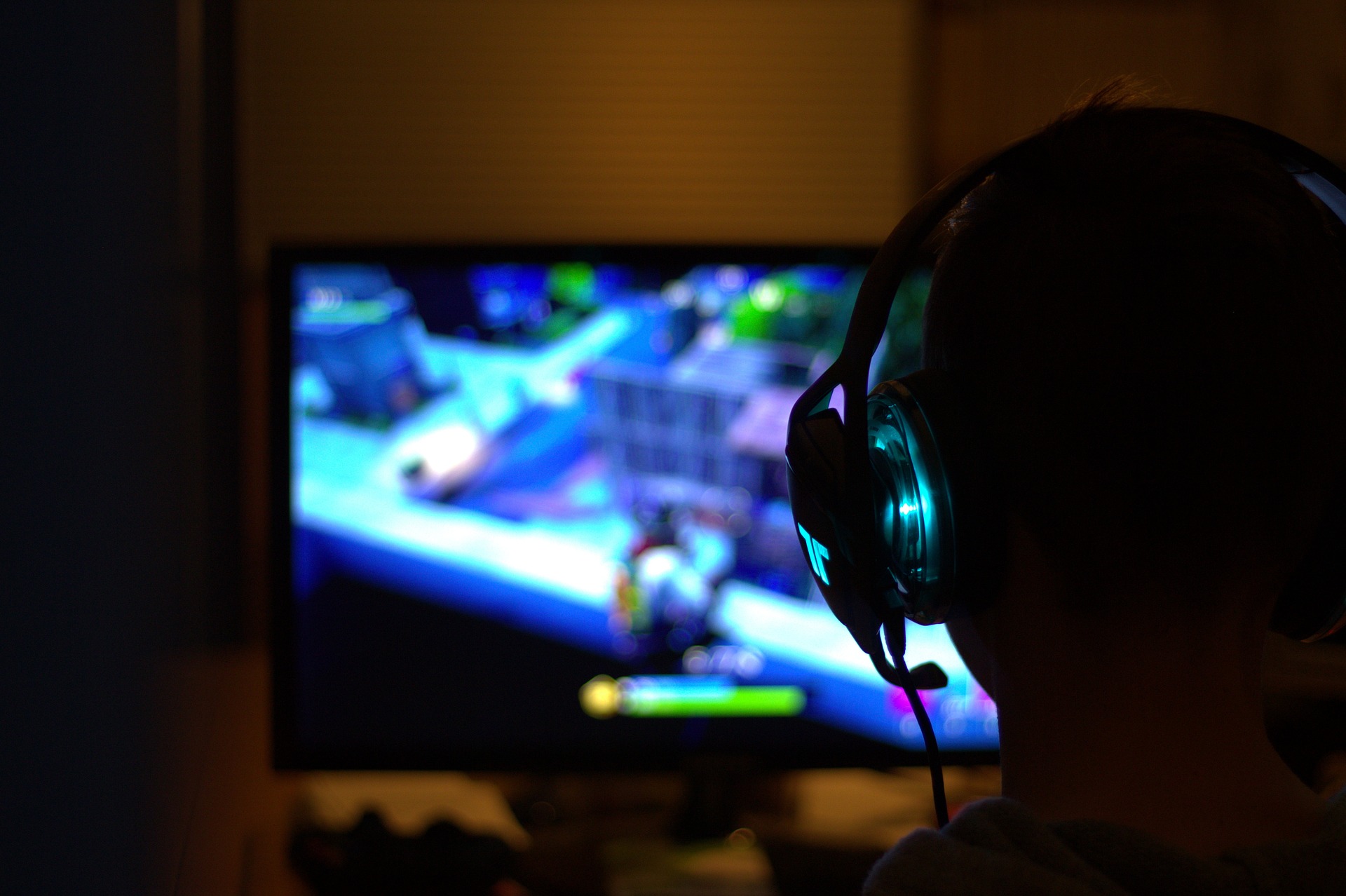
For many years, online multiplayer gaming was a bit of a free-for-all, with players of all skill levels being thrown into the same matches, allowing experienced individuals to dominate while newcomers and those with slower reflexes were easy pickings.
Thankfully this state of affairs is being remedied through skill based matchmaking (SBMM), an automated solution that pairs players according to their capabilities and past performance statistics.
There are many avid proponents of this approach, although it is not without its critics. So let’s delve into what it is, how it is influencing the industry at large and why it is generally a good thing, in spite of the potential drawbacks.
Understanding the basics
The concept behind SBMM is simple; ensure that players are able to enjoy the multiplayer games they own as much as possible by pitting them against others who are of roughly equivalent skill.
However, where things get trickier is that the actual metrics used to determine how matchmaking is handled vary from game to game, and developers are cagey about explaining these factors, for fear that they might be exploited.
Take the Call of Duty franchise, for example. It has used some form of SBMM for over a decade, with players who have higher kill to death ratios finding themselves in lobbies with similarly capable competitors, and vice versa.
Appreciating the ubiquity of SBMM
CoD is far from the only multiplayer gaming IP that has put SBMM into practice to monitor and manage the way players are pitted against one another; other big titles such as Fortnite and Apex Legends have also implemented similar systems. And while the exact way these work is not known, it is fairly easy to assume that in shooters like these, the K/D ratio is a driving factor in steering matchmaking.
Delving into the controversy
While on paper the growing prevalence of SBMM is a good thing, and has certainly not harmed the uptake of multiplayer games by billions of people, there are some dissenting voices in the gaming community who have legitimate arguments against it.
The first flaw is that it creates problems for skilled players who happen to be very good at a game, but have no interest in taking every match too seriously. Part of the fun of playing online against real people is being able to blast through inexperienced opponents, or just use it as a casual way to let off steam and kill time. While unskilled players can do this in an SBMM scenario, people with better stats will always be tackling the most hardcore rivals, which eliminates a degree of this relaxation and entertainment value.
Another concern is that if every match relies on SBMM, actually finding players of a similar skill level gets tougher the higher up the ladder you climb.
This is especially apparent in Hearthstone, Blizzard’s WarCraft-based digital card game, where those in the upper echelons of the ‘Legend’ rank may need to wait minutes to be paired with someone to play. a series of updates and tweaks have remedied this to an extent, but also introduced new problems for the community to complain about.
Ranked & public match divergence
The solution to the main concerns regarding SBMM seems to be the separation of ranked and public, or casual, matches so that players are put together based on skill in the former and based on other factors such as location and connection quality in the latter.
It is argued that this would give skilled players the choice between playing competitively and just playing for fun, to unwind. However, there are those who still think that skill should determine groupings even in public matches, for the very reason that unskilled players would constantly find themselves trounced by the opposition.
SBMM: here to stay?
While the vocal minority of skilled players who are partly or wholly opposed to SBMM will continue to speak out, the reality is that developers put this type of system in place because it appeals to the largest number of consumers, and importantly lessens the likelihood that they will give up on the game entirely.
Ultimately SBMM is about finding a balance, and while it may not please everyone, it is a tactic that brings the biggest benefits to the majority of gamers.